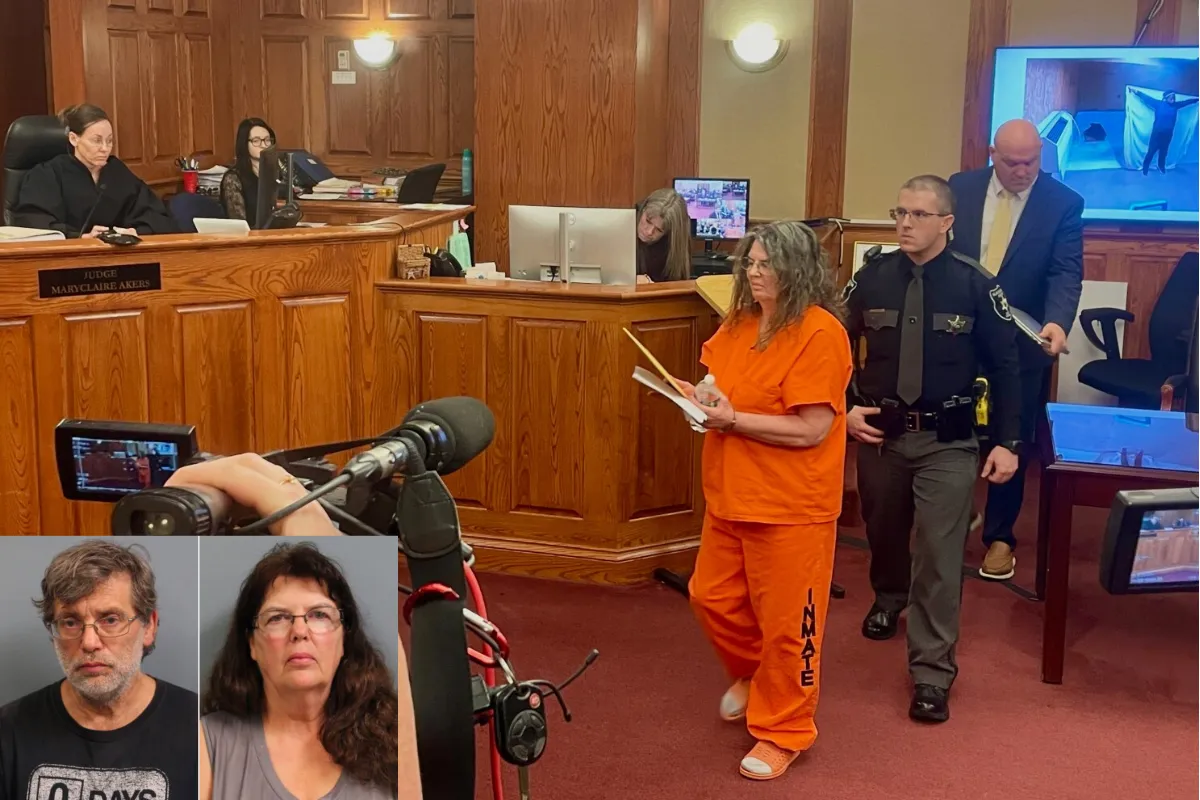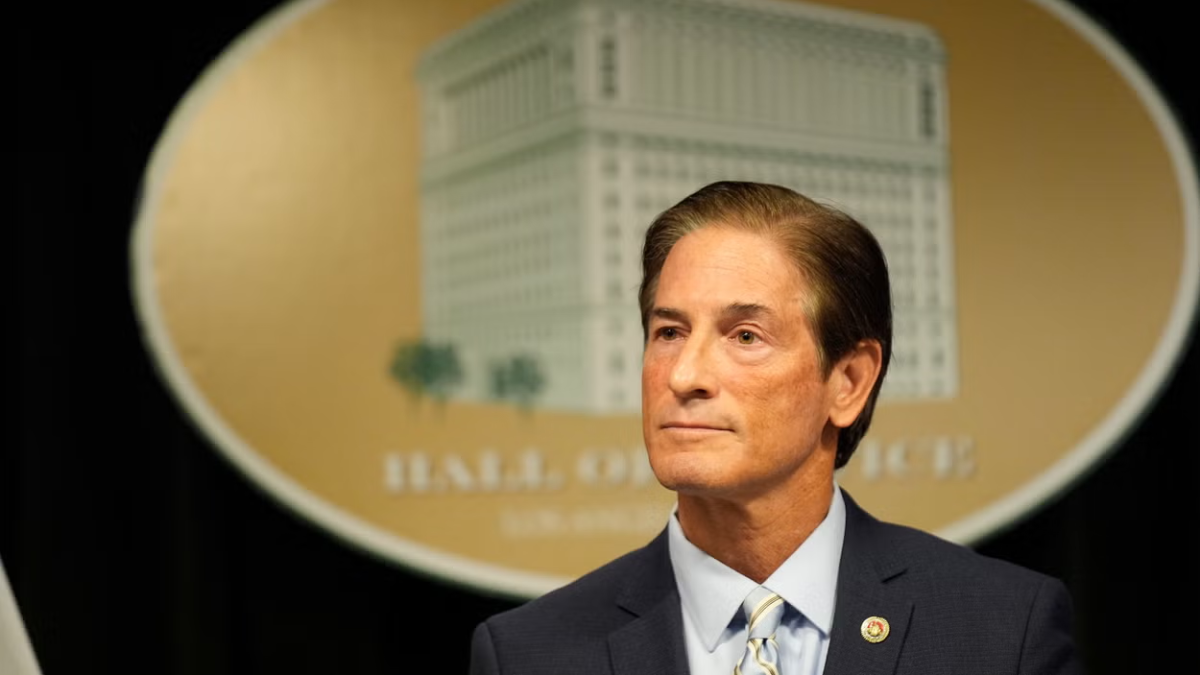A West Virginia couple has been sentenced to decades in prison for the horrific abuse they inflicted on their five adopted children. Jeanne Kay Whitefeather and her husband Donald Lantz were convicted in January on multiple charges, including forced labor, child abuse, neglect, and human trafficking. Their actions, which involved physical, emotional, and racial abuse, left lasting scars on the children.
On Wednesday, Kanawha County Circuit Judge Maryclaire Akers handed down maximum sentences to the couple. Whitefeather received up to 215 years in prison, and Lantz was sentenced to up to 160 years. Whitefeather will be eligible for parole after 40 years, while Lantz will be eligible after 30 years. The sentences reflect the severity of the crimes they committed against the children, who were adopted under troubling circumstances.
The case came to light when authorities discovered the children living in unspeakable conditions in Sissonville, West Virginia, in October 2023. Whitefeather and Lantz had moved to West Virginia from Washington state with the children, who were between the ages of 5 to 16. Before that, they had lived in Minnesota, where they adopted the siblings. Despite initially adopting them with the intention of providing a loving home, the couple subjected the children to abusive and degrading treatment.
Horrific Conditions and Abuse
The abuse was uncovered when neighbors reported seeing Lantz locking two of the older children in a shed and leaving the property. Deputies arrived to find the children in terrible conditions. The oldest child, a teenage girl, was locked in the shed with her brother. The girl and her sibling were rescued with the help of a crowbar, as Lantz had sealed them in.
In the home, a 9-year-old girl was discovered crying in a loft with no protection against falling. The children were dirty, wearing old clothes, and had a strong odor of body sweat. The oldest boy was barefoot, with visible sores on his feet. A fourth child was located with Lantz upon his return, and a fifth child, a 5-year-old girl, was found afterward.
The couple’s arrest led to the children being placed under the care of Child Protective Services. While the couple was in court, the children’s voices were heard through their letters. One by one, the letters described the emotional and physical abuse they endured. The children spoke of being unable to trust others, suffering from nightmares, and fearing affection.
Court Statements and the Defendants’ Lack of Remorse
In court, the victims’ letters were read aloud, detailing the trauma they faced while living with Whitefeather and Lantz. The oldest daughter, now 18, spoke directly to Whitefeather, calling her “a monster” and expressing her disbelief at how the woman could live with herself after all the harm she caused.
Despite the heart-wrenching testimony, both Whitefeather and Lantz showed no remorse. The judge pointed out that the couple attempted to shift the blame onto others. Specifically, they claimed their real estate agent was at fault for not finding them a more isolated home, a place where they could continue their abuse without interference.
During the trial, neighbors testified that they rarely saw the children play outside. They reported seeing the children forced to stand in line or perform physically demanding tasks like lifting heavy items around the yard. The children were also made to do chores, including digging by hand, with the eldest daughter recalling being cursed at regularly and subjected to racist language from Whitefeather.
Racial Abuse and Favoritism
The emotional toll on the children went beyond physical labor. Whitefeather’s preferential treatment toward the youngest child, who wasn’t involved in the charges, left the older children feeling unwanted. The eldest daughter testified that Whitefeather told them she wished for a life without them.
The couple also imposed strict and humiliating rules. The children were fed only a limited diet, often just peanut butter sandwiches, and were made to stand in their rooms for hours with their hands on their heads. In the case of the oldest girl and boy, they shared a room, slept on the floor, and had to use a bucket for a toilet while holding up a sheet for privacy.
A Systemic Failure
This tragic case highlights the darker side of adoption and the failure of systems meant to protect vulnerable children. Whitefeather and Lantz, who should have been providing a safe and loving environment, instead subjected these children to unimaginable abuse.
The court’s verdicts reflect the severity of their actions, as well as the need to hold individuals accountable for crimes of such nature. For the victims, their lives will be forever altered, and their healing will take time. As the case draws to a close, the hope is that justice, though delayed, has been served.















